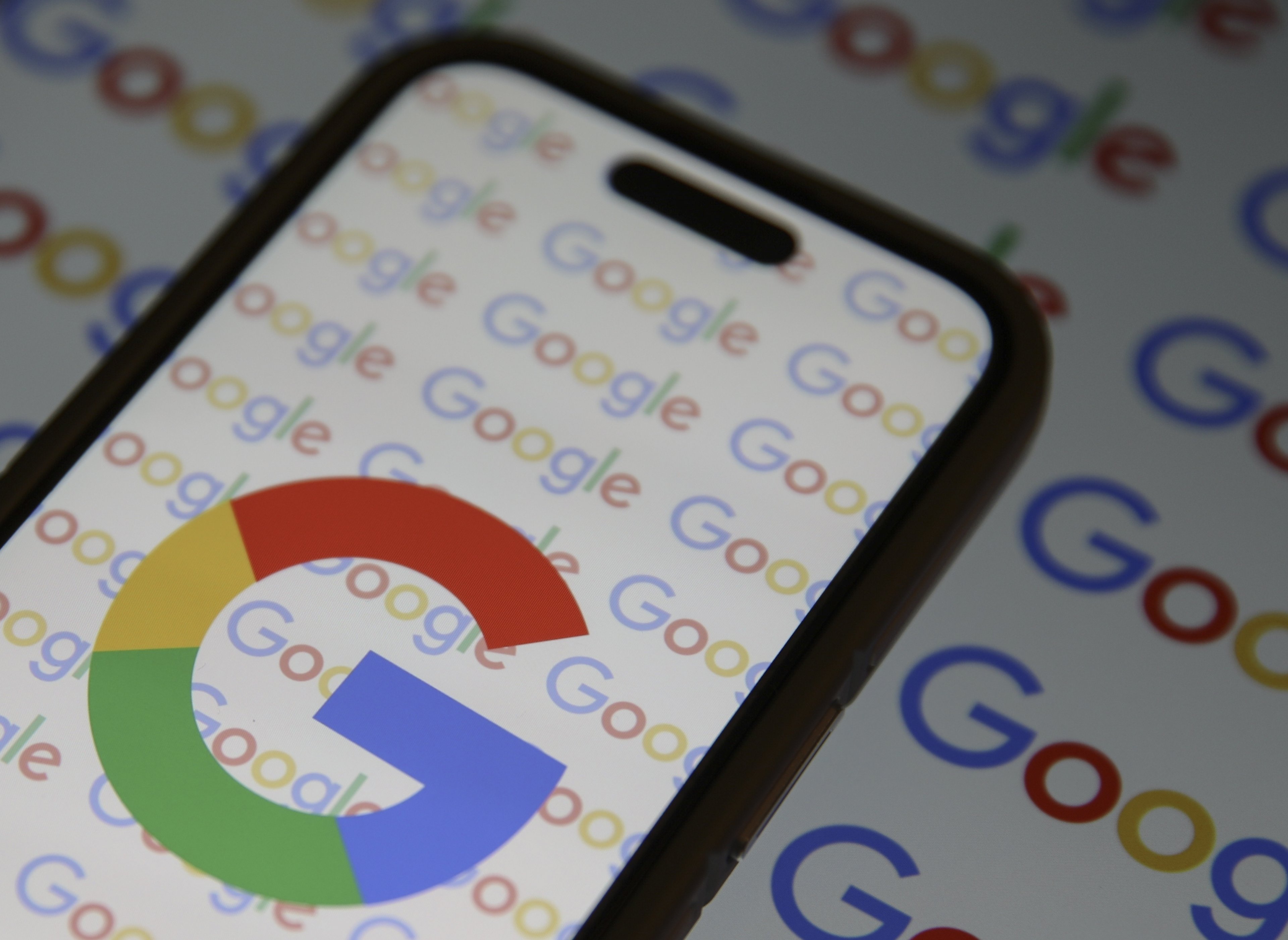About 3,000 Americans lose their lives in traffic accidents every month, according to government statistics. Another 3,000 survive, but suffer injuries of varying severity. Fatalities are down 25% from a recent peak in 2002, but the cars we love still present a clear and present danger to ordinary Americans. The ideal number of traffic-related fatalities per year is obviously zero.
Taking human error out of the driving experience would be one way to make transportation safer. That's one reason why Google (GOOG +1.00%) is working on self-driving cars. Is Google the best company for the job, or should automakers get in on the action, too?

Google's core leadership team of Eric Schmidt, Larry Page, and Sergey Brin in a self-driving Toyota Prius. Note the information-gathering contraption on top of the car. Source: Google.
The company, known mostly for its search engine and online advertising tools, announced its self-driving car program in 2010. The core objective is to reduce the number of accidents by half, assuming that robotic cars become the norm. "We're also confident that self-driving cars will transform car sharing, significantly reducing car usage, as well as help create the new 'highway trains of tomorrow,'" Google said.
The team at work on Google's modified Toyota (TM +0.49%) and Audi cars won the DARPA Grand Challenge in 2005, wherein elite engineering teams from all over the world race driverless cars across 130 miles of mountainous desert roads with a $2 million prize in their sights. Other Googlers won the 2007 city-scape challenge, and the accolades go on and on.
So Google is throwing big money and prize-winning talent at the driverless car project. It's also one of the world's foremost experts at collecting and processing data, which seems useful in this context. The crazy contraption on top of Google's prototype driverless cars collects nearly a gigabyte of data every second. Add in additional data from GPS sensors, Google Maps, and Google's street view database, process it all with sophisticated software, and you get enough information to control the car without human help.

What Google's auto-cars see when making a left turn. Source: Google, via engineering director Ray Kurzweil's blog.
But Google isn't the only player in this game. This week, Nissan (NSANY +2.11%) announced plans to sell what it calls Autonomous Drive cars to consumers by 2020. The company is working with several major universities that often do well in the DARPA challenge, and is building a test facility in Japan.
Of course, Audi and Toyota aren't just giving Google cars to modify. They also work in tandem on their own auto-drive system, which was demonstrated at this year's Consumer Electronics Show. The Toyotas use equipment eerily similar to Google's, so it's safe to assume that we're looking at a three-way research partnership here. And don't forget that Lexus has offered models with one-touch autopilots for those tricky parallel parking situations since 2006.
General Motors (GM +0.04%) adds radar and cameras to its latest cruise control systems. The "Super Cruise" platform doesn't just hold your speed steady, but also keeps your car centered in the lane with safe distances to the cars up front and behind. Total autopilot can't be far behind.
Ford (F 1.20%) uses automated control tools for vehicle tests that would be hard on human drivers, like jumping curbs 30 times a day. Expanding these tools to consumer-level cars wouldn't be a crazy idea.

Ford's automatic control system could use some polish before hitting the consumer market. Source: Ford.
Should we expect the car makers to deliver better results than Google, given their superior knowledge of the driving experience? Or will Google and other information managers come out on top with software and sensors that Ford and Nissan never thought of?
I think the truth lies in between Silicon Valley and Detroit. There's a place for deep insights in what makes the cars tick, and how drivers relate to their surroundings. But you can't ignore the data manipulation side of the equation, either. Managing physical objects at highway speeds based on computerized sensor data is an incredibly hard problem.
So the best solutions will have to come from partnerships across the computing and automotive sectors. The Google-Audi-Toyota trifecta is exactly the right idea.
Google and others are fighting for this game-changing vision of fully automated driving. Driverless cars are already legal in Nevada, Florida, and California thanks to relentless lobbying. Nissan's 2020 target for commercial-grade options seems about right, giving the technology and legal systems some time to work out all the kinks.
I imagine that driverless cars will hit plenty of conservative friction as skeptics wonder who's liable when the autopilot goes wrong. But remember that the ultimate goal is to save thousands of American lives every year. Human error is a dangerous thing.
The driverless cars are coming. The car companies with enough foresight to start working on their solutions today will steer and rule the market in coming decades.










